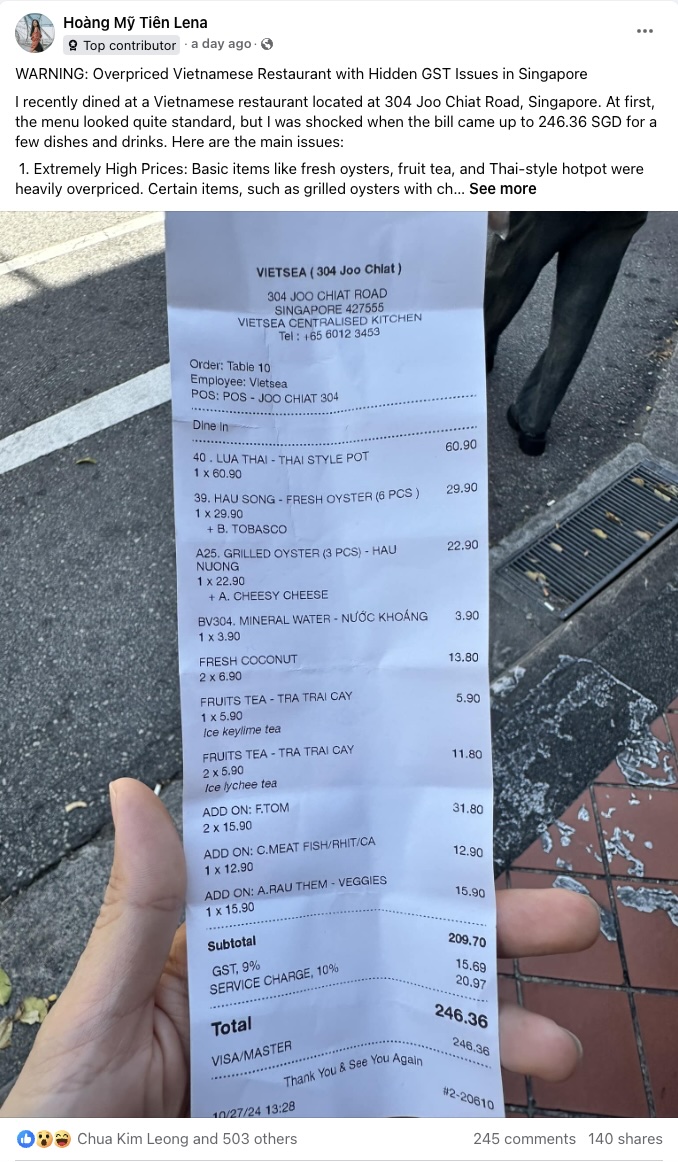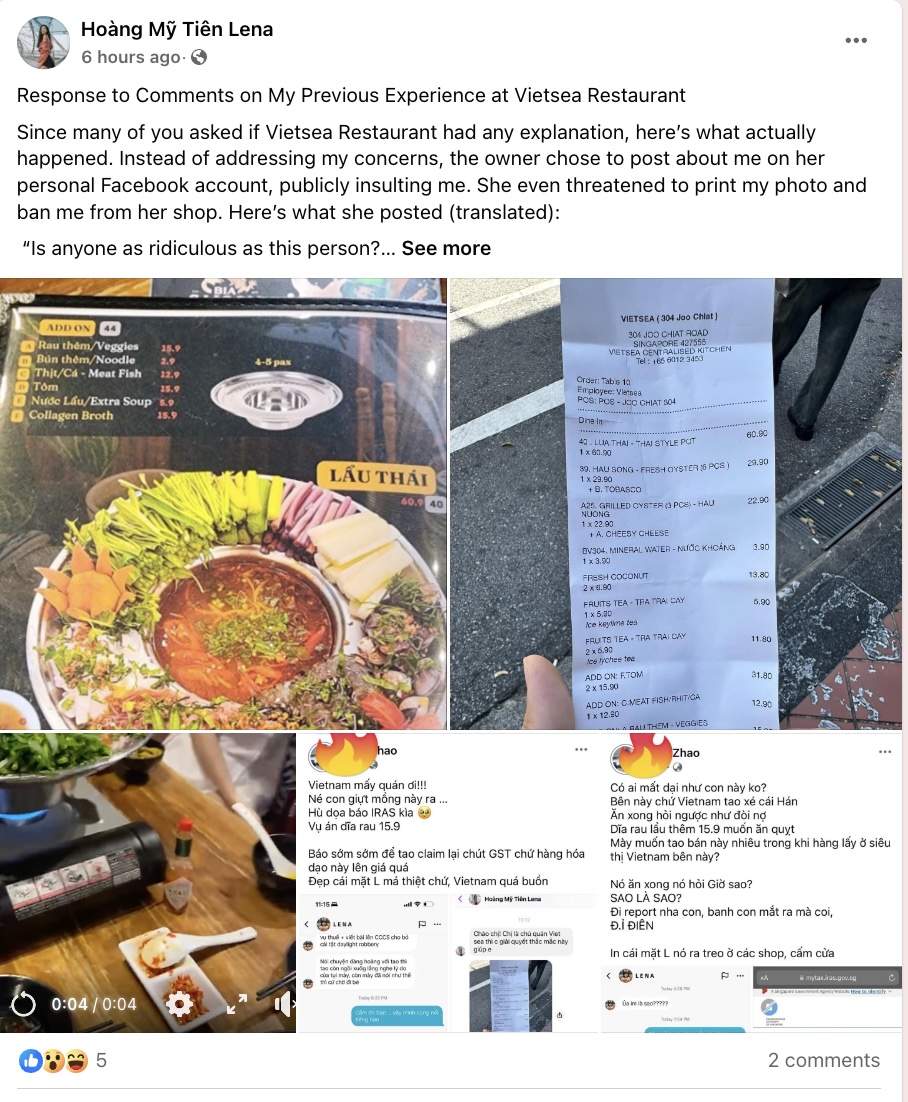SINGAPORE: As Singapore approaches a “super-ageing” society, a rising trend among families is shaping the caregiving industry: more households are turning to foreign domestic helpers trained in elder care to look after ageing parents.
Industry sources report a notable surge in demand, with requests for caregiving-trained helpers up by 20% over the past eight years.
Families are prepared to invest significantly in such specialized assistance, offering up to 30% more to hire foreign domestic helpers with formal caregiving certifications.
These helpers’ caregiving duties are extensive, often including monitoring vital health indicators like blood sugar and blood pressure.
With increasing numbers of Singaporean families now relying on foreign domestic helpers, the need for trained individuals with practical healthcare skills has become more urgent.
Prospective caregivers participate in a 25- to 30-week training program designed to equip them with essential skills to meet the daily needs of elderly clients.
This shift is especially relevant in a society where many families are small, dual-income households. With most family members working full-time, elderly parents can often feel overlooked.
Industry insiders who spoke with 8World note that this growing trend places pressure on agencies to adequately prepare helpers for these roles, especially as family structures become more dependent on external caregiving resources.
Beyond basic elder care, many foreign domestic helpers receive specialized training in hospice and dementia care.
Last week alone, over 300 individuals graduated from such programs, earning certificates that qualify them for caregiving roles in Singapore and other countries such as the Philippines and Myanmar.
In response to rising demand, one prominent agency has set an ambitious goal: to train 10,000 caregiving professionals by 2030.
Featured image by Depositphotos (for illustration purposes only)












